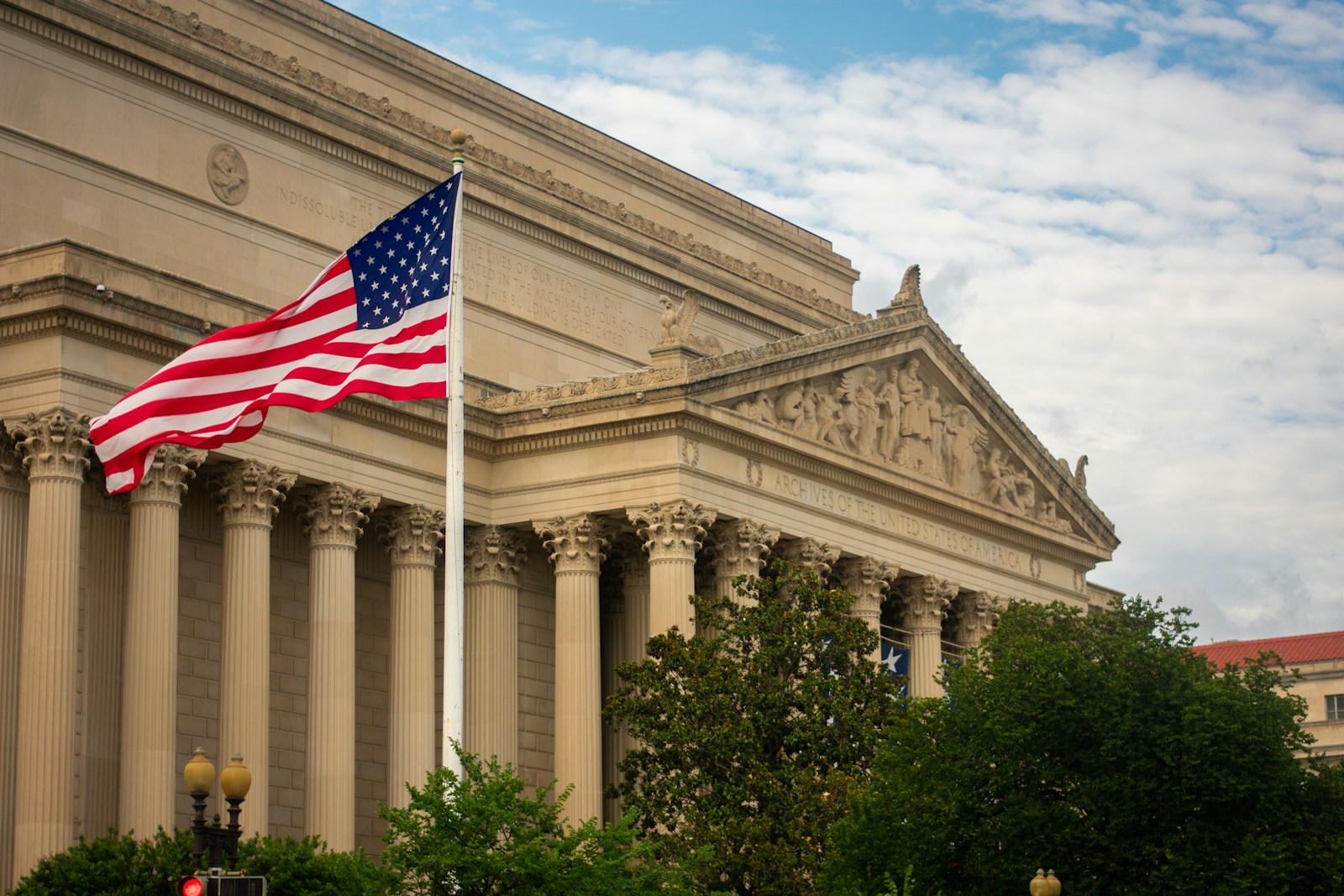Key Takeaways:
- A public defender said justices may strike down Trump tariffs.
- Justice Neil Gorsuch warned the president overstepped his power.
- The court suggested Congress, not the president, must set tariffs.
- This ruling could reshape the balance of trade power.
Over the weekend, a former pardon attorney spoke on MSNBC. She noted a Supreme Court session that hinted at striking down Trump tariffs. Surprisingly, conservative justices joined liberals in raising doubts. In particular, Justice Neil Gorsuch made sharp remarks. He suggested the president had gradually taken too much power from Congress. That comment left the host saying, “Whoa.” Now, the nation waits for a written decision. The case could redefine how the U.S. handles trade rules.
Gorsuch’s Concern Over Trump Tariffs
During the argument, Justice Gorsuch spoke directly about presidential power. He said he worries the White House has moved the line of authority. Specifically, he pointed out that Congress holds the taxing power. Tariffs, after all, count as taxes. Therefore, he questioned why the president could set them alone. This stance surprised many observers. After all, Gorsuch often sides with conservative views. Yet, here he joined liberals in defending legislative power.
What Are Trump Tariffs and Why They Matter
Tariffs are taxes on imported goods. They make foreign products more expensive. In turn, domestic products gain a price advantage. Presidents have used tariffs for decades to protect U.S. businesses. However, the Constitution says only Congress can impose taxes. For that reason, many legal experts say presidents lack the authority to set new tariffs. Over time, presidents have issued tariffs by executive order. Now, the Supreme Court will decide if that practice is lawful. This ruling can affect trade policy around the world.
How the Supreme Court Case Unfolded
The case began when a group of companies sued the government. They argued that the president overstepped his power. During oral arguments, both sides presented strong points. The government defended the idea that presidents need flexibility in trade wars. Meanwhile, the challengers said Congress should write tariff laws. As the hearing progressed, several justices asked tough questions. At one point, Gorsuch warned against letting the president shift power from the legislature. Later, Justice Kagan noted the historical role of Congress in taxation. In the end, the tone suggested a split decision.
Why Congressional Authority Matters
Congress holds the power of the purse in the U.S. government. This power includes approving budgets and setting taxes. If the president could set tariffs freely, he could bypass Congress’s budget controls. Moreover, unchecked tariffs can spark trade wars. Trade wars can hurt both U.S. businesses and consumers. Higher import taxes often lead to higher prices at home. This shift can slow economic growth. Therefore, many lawmakers stress that only Congress should decide on tariffs.
Potential Impact of the Decision
If the Supreme Court strikes down Trump tariffs, the president may lose a key tool. Future leaders would need to seek congressional approval for new trade taxes. That process could slow responses to global trade challenges. On the other hand, some argue this check will bring balance. It could force better debate on trade policy. It may also prevent sudden moves that surprise international partners. In any case, the decision will guide how future presidents handle tariff threats.
What Happens Next for Tariffs and Power
After today’s arguments, the justices will review their notes. Then, they will write opinions explaining their decisions. This process can take months. Meanwhile, existing tariffs remain in place. Businesses and markets must adapt to those taxes. Congress could also draft new trade legislation to clarify its role. At the same time, presidents may seek alternative tools like sanctions. In the end, the clash over Trump tariffs highlights the ongoing fight over power in Washington. Citizens, lawmakers, and industry leaders all await the final word from the court.
Understanding the Broader Debate
This case is about more than just tariffs. It touches on the separation of powers in the U.S. system. The framers of the Constitution wanted checks and balances. They gave Congress the taxing power. They gave the president the power to enforce laws. When one branch overreaches, the others must push back. That is exactly what the Supreme Court’s role can be. By reviewing executive actions, the court ensures no branch grows too strong.
Why This Case Feels Personal
For many Americans, trade policy affects daily life. Higher tariffs can mean more expensive cars, electronics, and clothing. Job markets can shift as companies rethink supply chains. Farmers, manufacturers, and consumers all feel the impact. When the Supreme Court weighs in, it sends a message about who makes key economic decisions. Justice Gorsuch’s comments reminded people that courts do more than settle crimes. They also protect the democratic process.
Key Takeaways Revisited
First, the argument showed surprising unity among justices. Second, Gorsuch stressed that presidents cannot tax alone. Third, the case may limit executive power on trade. Finally, Congress must defend its constitutional role. As the country watches, one question remains: Will the Supreme Court uphold or overturn Trump tariffs?
Frequently Asked Questions
What makes tariffs important in trade policy?
Tariffs help protect local businesses by making imports pricier. Yet, they can also raise costs for consumers and spark trade wars.
Why did Justice Gorsuch question Trump’s tariffs?
He argued that the Constitution gives Congress the power to tax. Therefore, the president lacks sole authority to impose new tariffs.
Could the Supreme Court actually strike down Trump tariffs?
Yes. If a majority of justices agree that the president overstepped, they can cancel those tariffs.
How can Congress respond if the court rules against the president?
Congress could pass new laws clarifying its role in trade decisions. That step would guide future presidents on setting tariffs.
